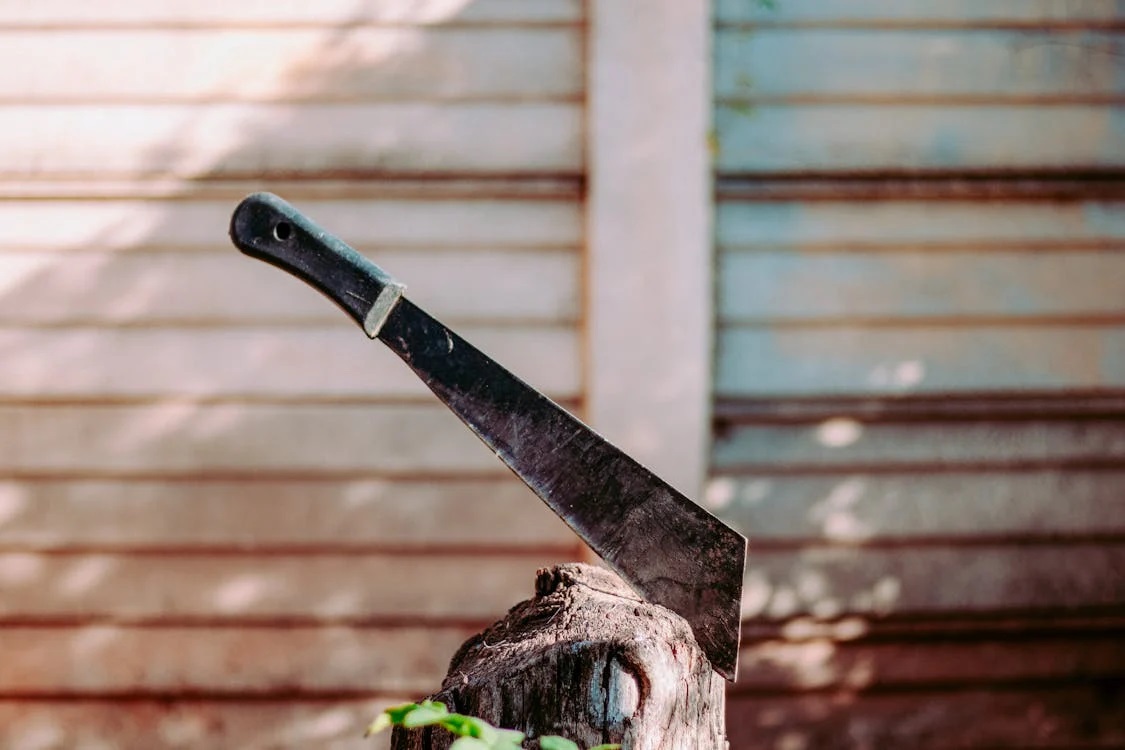Manitoba Government Helping to Keep Indigenous Women Safe in Brandon
 December 5, 2024
December 5, 2024
The Manitoba government is providing $500,000 to support a new 24-7 safe space in Brandon where Indigenous women, two-spirit and gender-diverse people at risk of harm can escape violence, build supportive relationships and help each other heal, Families Minister Nahanni Fontaine, minister responsible for women and gender equity, announced here today.
“This new safe house will mean more beds and more space for Indigenous women, two-spirit or gender-diverse people who are unsheltered and at risk of harm who need help to stabilize their lives,” said Fontaine. “It will provide the safety, security and peace needed to help them on their path of healing and recovery.”
The new 10th Street Safe House – also know as Franny’s Place – will include 10 bedrooms, bathrooms, a shared kitchen, laundry facilities and a living room and dining area. Residents will be able to engage in positive activities based on their interests including beading, cooking, baking, painting, growing plants, playing bingo and woodworking.
This space will also offer a 24-7 drop-in service, providing outreach services, intake assessments and other supports for people awaiting placement in the safe house or another safe program.
The site will be staffed 24-hours a day to provide Indigenous culturally based security, support and mentorship, the minister noted, adding the program is also supported by Keegawegeein (I’ll Help You), a volunteer committee of wise Indigenous women from the community who provide support rooted in the Seven Sacred Teachings.
In partnership with the Manitoba Métis Federation (MMF) and the Brandon Neighbourhood Renewal Corporation’s Action Research on Chronic Homelessness, these safe houses provide increased prevention and protection for Indigenous women, two-spirit and gender-diverse people including those with illness or injury, physical or intellectual disability, cognitive impairment or brain injury, substance use/addiction, mental health concerns or acute safety concerns, such as domestic violence, human trafficking, court-mandated safety orders, recent assaults, death threat or other imminent risk of harm.
“The MMF’s Southwest Region is proud to partner with the Manitoba government to ensure that there are safe spaces for vulnerable members of our community,” said Will Goodon, Housing and Property Management Minister, Manitoba Métis Federation. “The fact that this is a place where they can live in community, access the wisdom and support of other women, and obtain other services to help them rebuild their lives resonate strongly with the Red River Métis values and traditions that have made us strong. I commend the Manitoba government for their work in advancing these culturally focused spaces for women and gender diverse individuals.”
The minister noted the Brandon safe house is part of Mino’Ayaawag Ikwewag, the Manitoba government’s new $20-million provincial strategy to support the safety, protection and empowerment of Indigenous women, girls, two-spirit and gender-diverse people. It honours Pillar 7: Housing, and Pillar 8: Justice and Safety in the strategy.
Today’s announcement falls during the 16 Days of Activism Against Gender-Based Violence, an annual campaign running until Dec. 10 focused on a collective recommitment to protecting and empowering survivors while working toward a future free of gender-based violence, the minister said.
To learn more about the Mino’Ayaawag Ikwewag Strategy, visit www.gov.mb.ca/wage/minoayaawag-ikwewag.html.

![]() December 24, 2024
December 24, 2024









![]() December 24, 2024
December 24, 2024
![]() December 23, 2024
December 23, 2024![]() December 23, 2024
December 23, 2024![]() December 22, 2024
December 22, 2024![]() December 20, 2024
December 20, 2024![]() December 20, 2024
December 20, 2024![]() December 18, 2024
December 18, 2024
![]() December 8, 2024
December 8, 2024
![]() December 7, 2024
December 7, 2024
![]() December 6, 2024
December 6, 2024
![]() December 5, 2024
December 5, 2024
![]() December 4, 2024
December 4, 2024